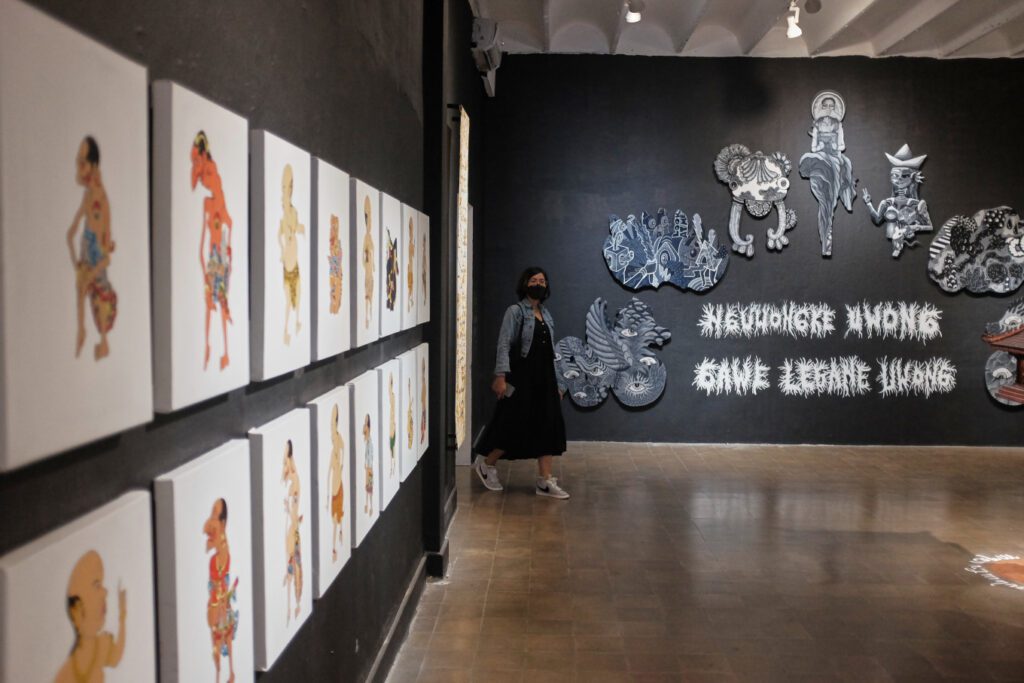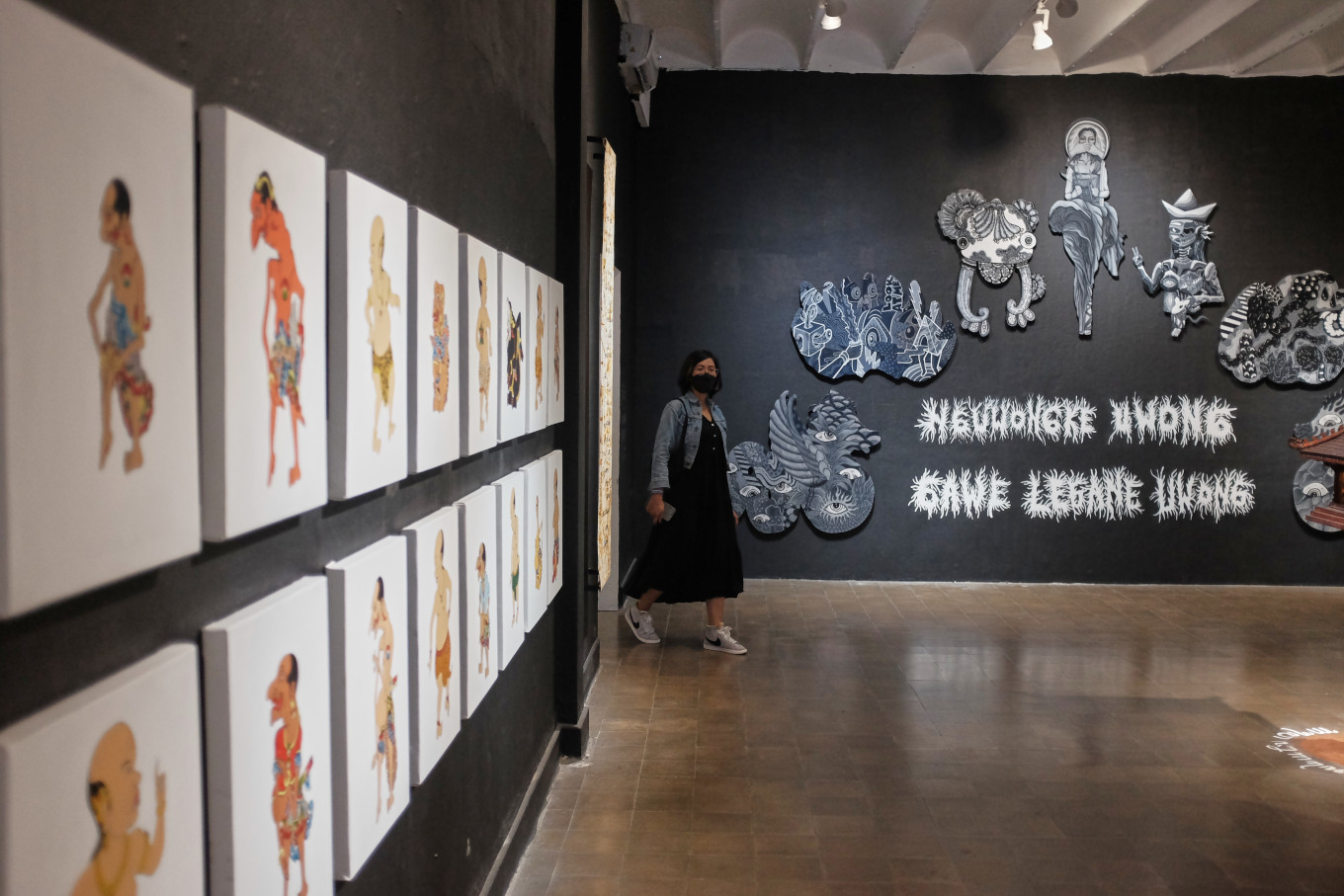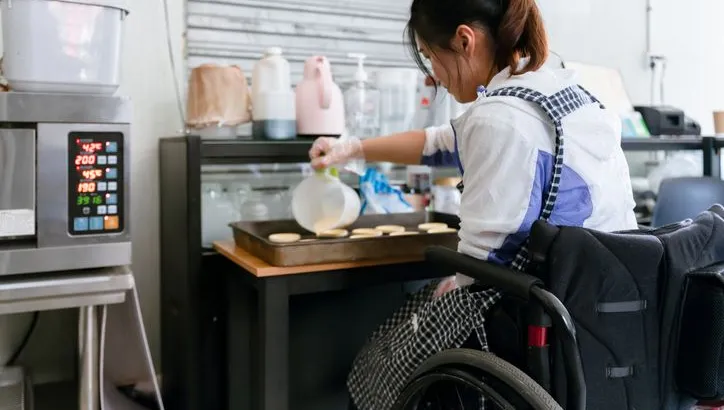
The challenges faced by millions of Indonesians with disabilities, who encounter barriers in daily life due to societal structures rather than their own abilities. Approximately 22 million Indonesians live with disabilities, but this number is likely underreported, leading to underrepresentation and marginalization. Two common misconceptions about disability are that it is always innate and that individuals are disabled by their impairments rather than societal barriers.
Key issues include:
Lack of Accessibility: Schools, workplaces, and public spaces often fail to accommodate diverse needs, excluding people with disabilities.
Underrepresentation: The underreporting of disabilities diminishes the urgency to address their needs, perpetuating systemic exclusion.
Misconceptions: Disabilities can occur at any stage of life, and societal structures are often the cause of disability, not the impairments themselves.
Solutions proposed include:
Social Model of Disability: Focus on removing societal barriers rather than changing individuals.
Inclusive Initiatives: Programs like the “buddy system” in universities and arts initiatives help promote inclusion and visibility.
Policy Change: Governments and organizations must adopt inclusive policies to ensure accessibility and equity.
Ultimately, creating an inclusive society benefits everyone by fostering diversity, innovation, and equity for all.






